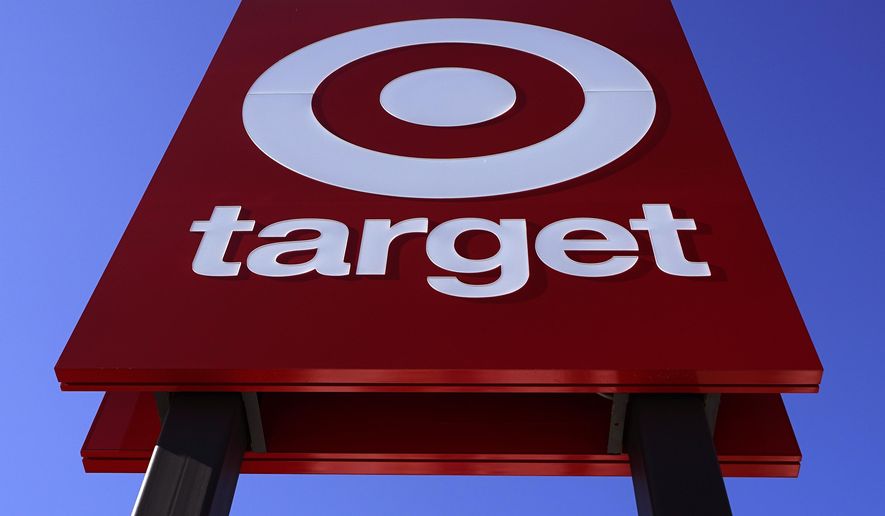Retailers are falling out of love with returns, and that may be a boon to customers.
An inventory surplus in everything from toys and garden furniture to jackets and workout clothes has caused major retailers to consider refunding customers for returned items while also letting them keep their goods to avoid dealing with more glut, according to Fox Business.
Some of the big names weighing that option are Target, Gap Inc., Walmart and American Eagle, among others.
Forbes reported on how the influx of returns has encumbering retailers since early 2021.
Back then, UPS took in 1.75 million returns every day. The expected 9 million returns in a week signified a 23% year-over-year increase compared to the holiday season that ended by ringing in 2020.
Forbes noted that 25% to 30% of online purchases were being returned in pre-pandemic times. But as more customers started “bracketing,” or buying the same product in different sizes or colors and sending back what they didn’t want, returns surged.
Letting customers keep an unwanted item also makes sense financially: It’s cheaper than taking it back, re-stocking it and trying to sell and ship it again.
“Retailers are stuck with excess inventory of unprecedented levels. They can’t afford to take back even more of it,” said Burt Flickinger, retail expert and managing director of retail consultancy Strategic Resource Group, according to Fox Business.
Mr. Flickinger said that returns often cost companies more money than they’re worth. They typically make one- to five-cent profit on a sale, but they lose between 15 to 30 cents on every return they handle. Returns don’t always go back on store shelves for the same price either. Some damaged returns will be refurbished and marked down, while others will be taken to a liquidator to resell.
That said, the policy does expose a business to the risk of customers wanting to game this potential new system.
“One thing retailers need to track and ensure is that customers that become aware of the policy do not begin to abuse it, by seeking free merchandise over a series of orders by getting a refund but getting to keep the merchandise,” Keith Daniels, a partner with Carl Marks Advisors, told Fox Business.
Forbes did report in 2021 that most retailers use artificial intelligence systems to track a customer’s purchase history, so they have a record of who may be taking advantage of their goodwill.
• Matt Delaney can be reached at mdelaney@washingtontimes.com.




Please read our comment policy before commenting.